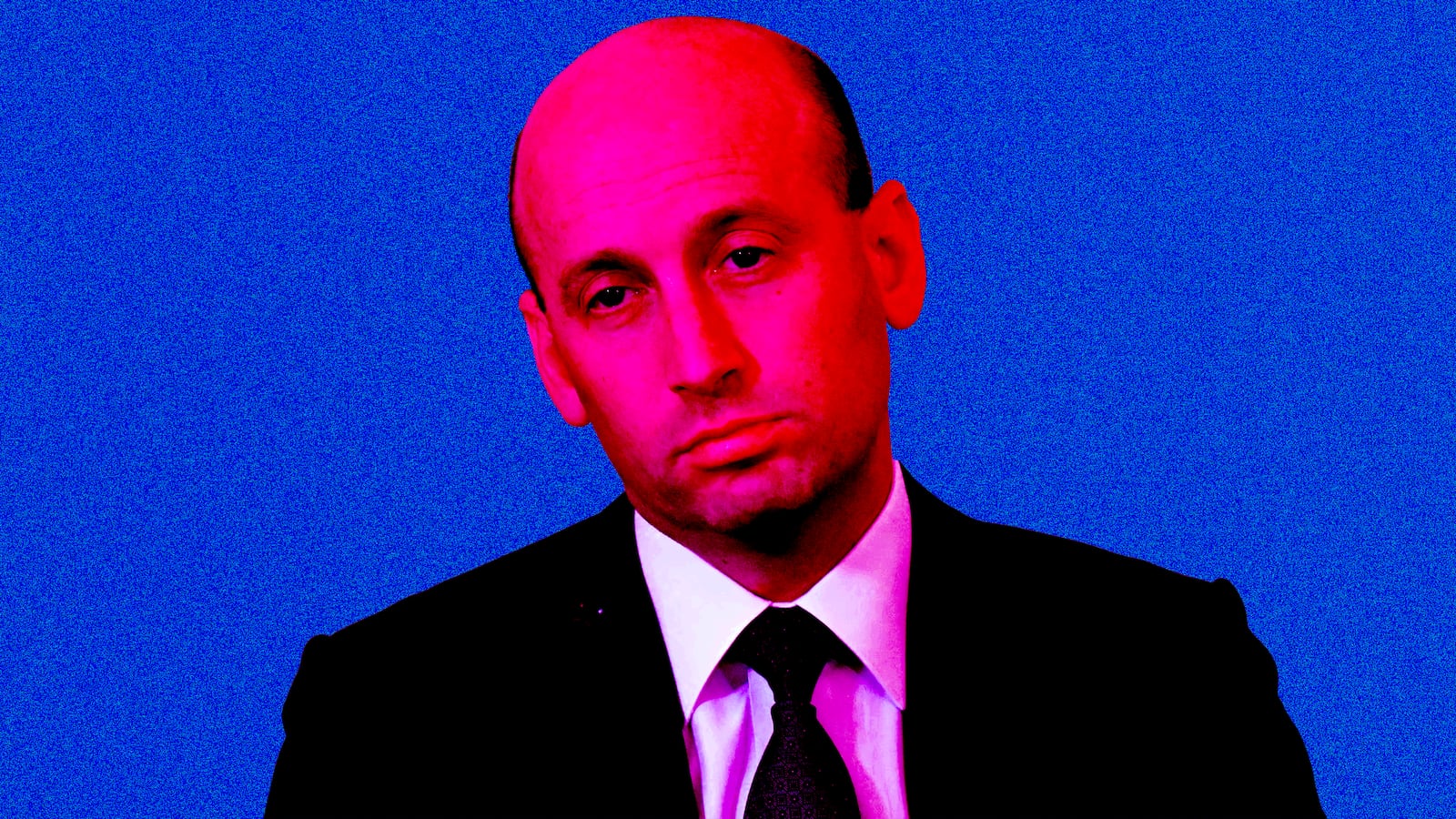This is a long read
Perspective: Charles Koch looks back
One of America’s most influential conservatives explores the mistake of betting on one party — and what we can learn from it
"The Declaration of Independence articulates America’s vision of a just government: one that secures to all the inalienable rights of “life, liberty, and the pursuit of happiness.”
Government at its best fosters the rules of just conduct that enable individual success and societal well-being. To realize this vision, government upholds the rule of law and gives other institutions (such as community, education and business) the space they need to fulfill their roles while fostering a system of mutual benefit. This provides people with an environment in which to flourish, enabling everyone to discover, develop and apply their gifts. Insofar as America has pursued this vision, our country has made incredible progress.
Without a beneficial government, individual and societal success is impossible.
Yet beneficial government is not what our country has. A recent Pew survey found a mere 24% trust government to do what’s right. Overwhelming majorities of Republicans, Democrats and independents hold these views. How did we get to a place where close to everyone agrees that government is broken?
The issue isn’t government by itself, but rather what we as a society expect it to accomplish. When we see a problem, our first impulse is typically to ask government to solve it. Rather than finding cooperative solutions, we separate into camps to fight over how government can best address our problems. Instead of starting from a point of unity, we start from a place of division.
Welcome to the crisis of partisanship.
More than 200 years ago, George Washington declared that political parties are likely “to become potent engines by which cunning, ambitious and unprincipled men will be enabled to subvert the power of the people and to usurp for themselves the reins of government.” Time has proven our first president correct.
Whether at the local, state or federal level, politics is almost always divided between two warring sides, both of which constantly try to damage and defeat the other. They try to arrange policy and politics to their maximum advantage, and to their opponents’ maximum disadvantage. The focus is not on public policies that empower people and improve their lives; it’s on political victory at any cost.
Partisanship is a form of tribalism, which is exactly what it sounds like: different tribes duking it out for supremacy. Where once the tribes used weapons of war, now they use television ads and microtargeting. The motivation remains the same, however: to ensure that your tribe comes out on top — and, equally important, that the other comes out on the bottom.
This isn’t just zero-sum, it’s negative-sum, and it makes it very difficult to get good things done in government. It shifts attention from policy to politics, from empowering people through good policy to beating up the other side. Instead of working together, people and parties focus on staying in control, propping up allies and punishing or scapegoating opponents. The political incentive is to let problems worsen, lest a solution hurt them or help their opponent.
Is it any wonder that America’s biggest problems keep getting worse? . . ."
/cdn.vox-cdn.com/uploads/chorus_image/image/70539541/CHARLES_KOCH_wesbite_illustration.0.jpg)


No comments:
Post a Comment